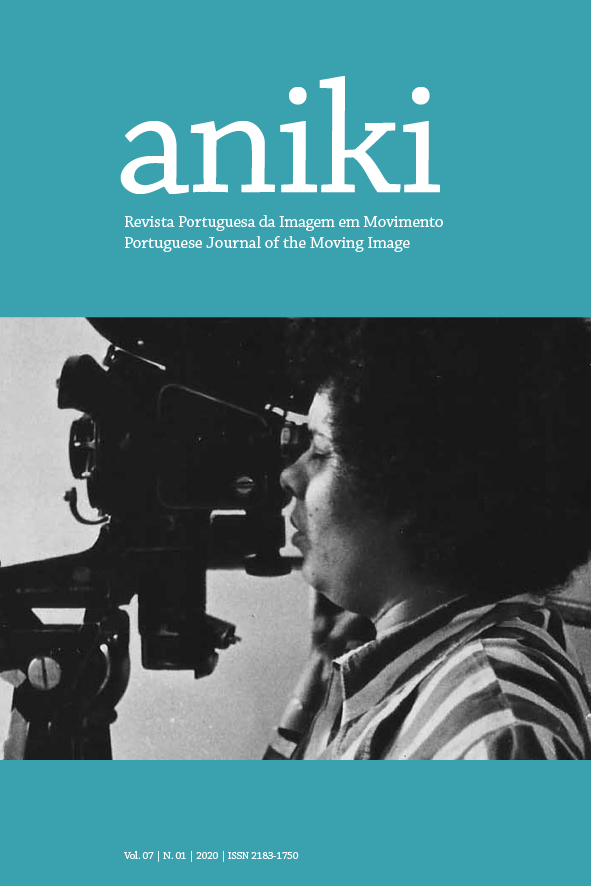Forms of Affirmative Aesthetics in "Women without Men"
Keywords:
Gender, Urban Space, Women in Iranian Cinema, Ghosts and Haunting, Affect and Film AestheticsAbstract
The digital sphere overflows with platforms that gather women’s testimonies of being harassed, not feeling welcome, or not being accommodated in the urban spaces. The street is a gendered space. However, literature, films, and digital media have repeatedly denounced, challenged, and counteracted the unbalanced relations of power and how they affect people of different genders, sexualities, ages or ‘races’. Through the analysis of Shirin Neshat's film Women without Men (2009), I explore several forms of what I call 'affirmative aesthetics', the aesthetic and narrative reconfiguration of spatial and power relations. Haunting as a filmic form in particular serves as a way to create a space for oneself, to make visible what patriarchal narratives made invisible.





